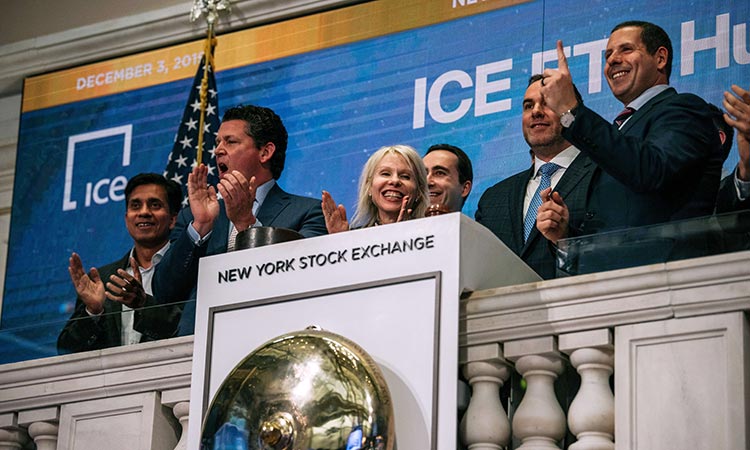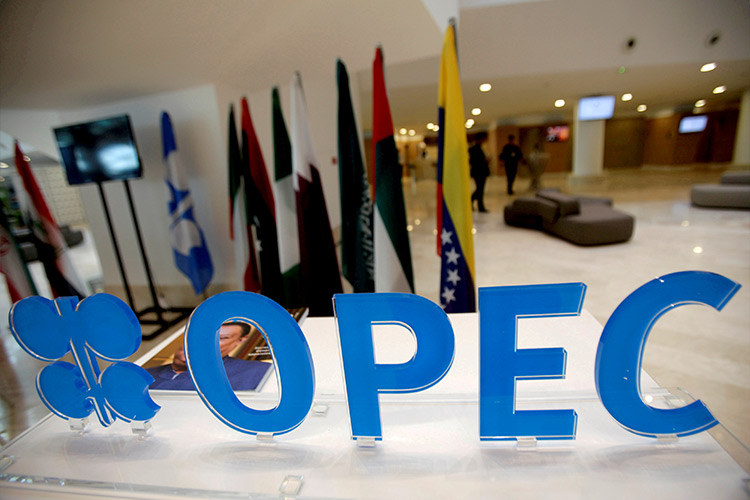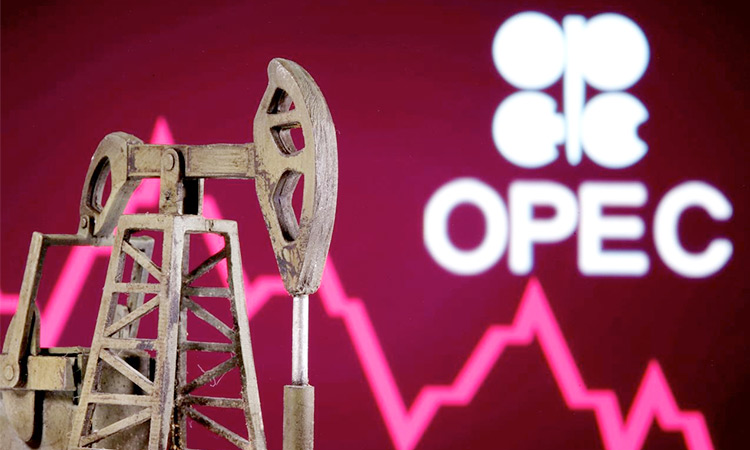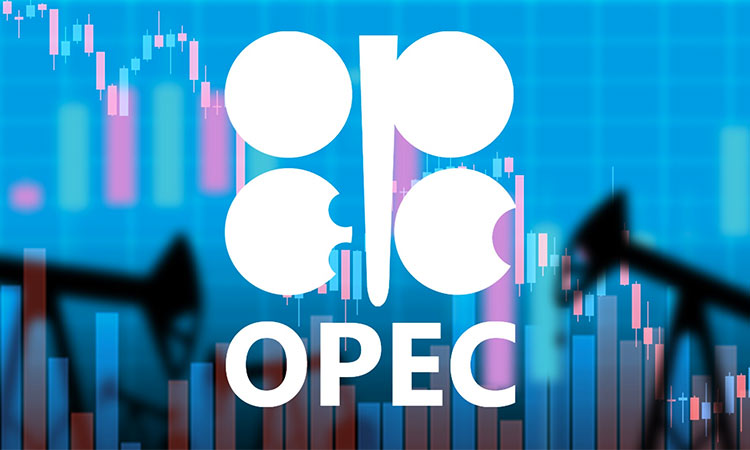Global energy demand to rise 23% by 2045, says Opec chief
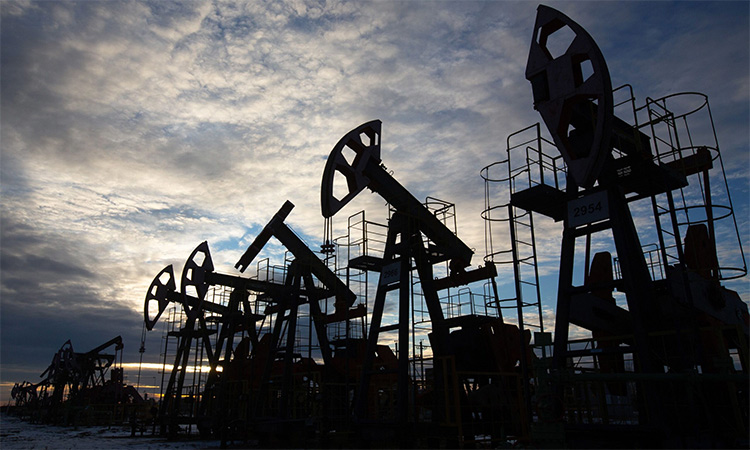
The global oil industry needs over $12 trillion investment in next 20 years.
Global demand for all forms of energy is forecast to rise by 23% through 2045, Opec Secretary General Haitham Al Ghais told a Nigerian oil and gas conference on Tuesday.
Oil executives and officials from the Organization of the Petroleum Exporting Countries (Opec) have repeatedly made the case for continued investment in oil, warning that prices will otherwise spike higher.
Al Ghais also said calls to limit or stop funding new oil projects were unrealistic and unwise. He acknowledged, however, the need for technology to tackle continued fossil fuel emissions.
“Global primary energy demand is forecast to increase by a significant 23% in the period up to 2045, which means we will need all forms of energy,” he said.
“We will require innovative solutions such as carbon capture utilisation and storage, and hydrogen projects in addition to a circular carbon economy, which has received a positive endorsement from the G20.”
The global oil industry needs $12.1 trillion in investment during the same period, Al Ghais said, adding the industry was not on track to reach that level of investment yet.
Sources close to Opec have said it will likely maintain an upbeat view on oil demand growth for next year when it publishes its first outlook later this month, predicting a slowdown from this year but still an above-average increase.
Opec’s forecast for 2024 will likely be lower than the growth it expects for this year of 2.35 million barrels per day, or 2.4%, an abnormally high rate as the world moves out of the COVID-19 pandemic.
Meanwhile, oil prices edged higher on Tuesday supported by supply cuts by the world’s biggest oil exporters and hopes for higher demand in the developing world in the second half of 2023 despite a sluggish economic outlook.
Brent crude futures was up 64 cents to $78.33 a barrel at 01324 GMT and US West Texas Intermediate crude was up 71 cents at $73.7.
Supply cuts by top exporters Saudi Arabia and Russia for August helped to lift the benchmark prices, which were also supported by the US dollar hitting a two-month low.
A weaker dollar makes crude cheaper for holders of other currencies and often boosts oil demand.
Markets are awaiting US inflation data on Wednesday to see if price pressures are continuing to moderate, which could provide clues on the interest rate outlook.
While central bank officials said the US Federal Reserve is likely to raise interest rates further to tame inflation, markets are somewhat pacified by indications that months of monetary policy tightening are nearing an end.
Stock markets rise: Major stock markets mostly rose Tuesday as China moved to boost its flagging economy, while the pound hit a 15-month high against the dollar on expectations of more aggressive UK interest rate hikes.
Traders were looking ahead to US inflation data this week, set to provide fresh indication of the Federal Reserve’s interest rate plans to combat inflation.
Hong Kong was again one of the best performers after Beijing signalled a crackdown against the tech sector was nearing an end.
China has meanwhile urged banks and other financial institutions to provide easier terms for ailing property developers by renegotiating the terms of their loans, with the aim of ensuring homes under construction were delivered.
And on Tuesday, state-run financial newspapers said more announcements were in the pipeline as well as measures to boost business confidence.
The moves come as the vast property industry in China strains under the weight of enormous debts, with some firms such as Evergrande on the verge of collapse.
The crisis has sent shivers through the world’s number-two economy, which has in turn weighed on global growth.
The chairman of Australian mining giant Rio Tinto this week warned of a knock-on effect on the commodities sector.
Elsewhere, London stocks spent most of the day in the red as the pound strengthened, impacting share prices of multinationals earnings in dollars, but closed with a small gain as sterling gave up some of its gains during the afternoon.
The pound reached a 15-month high above $1.29 after UK jobs and wages data indicated that the Bank of England still had some way to go before it stops hiking interest rates aimed at cooling high inflation.
Wall Street pushed higher as investors look forward to the release of the consumer price index on Wednesday, with expectations it will drop to 3.1 percent from 4.0 percent in May.
Investors are also looking to the start of the corporate earnings season later this week.
Hunter said “the corporate reporting season will show whether the hiking cycle has crimped growth, earnings and margins over the last quarter, or whether the resilience of the economy at the macro level has translated to companies on the ground.”
Gold prices edged higher on Tuesday, helped by a pullback in the dollar and bond yields as investors looked forward to US inflation data that could offer more cues on the Federal Reserve’s rate hike path.
